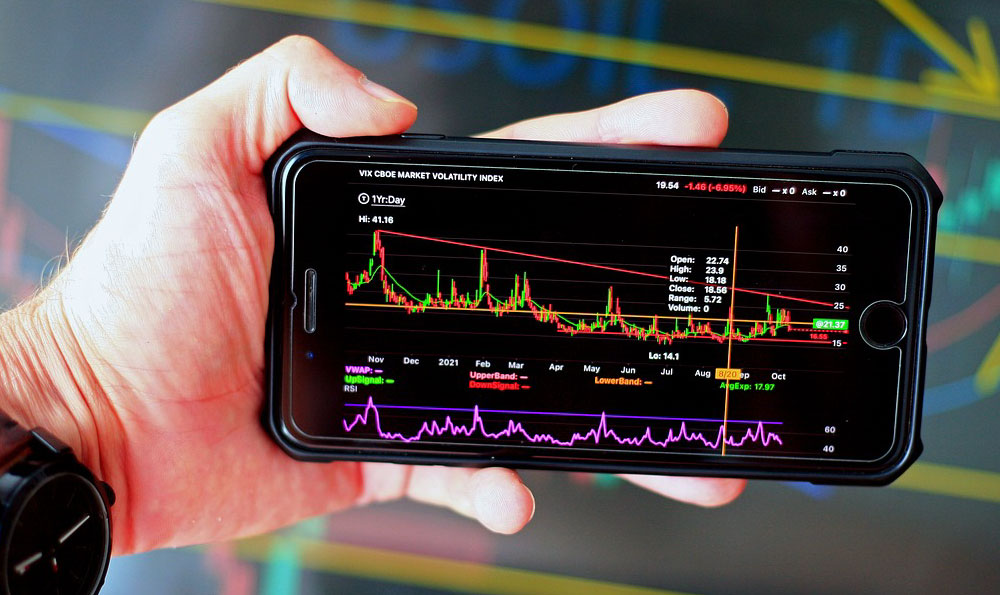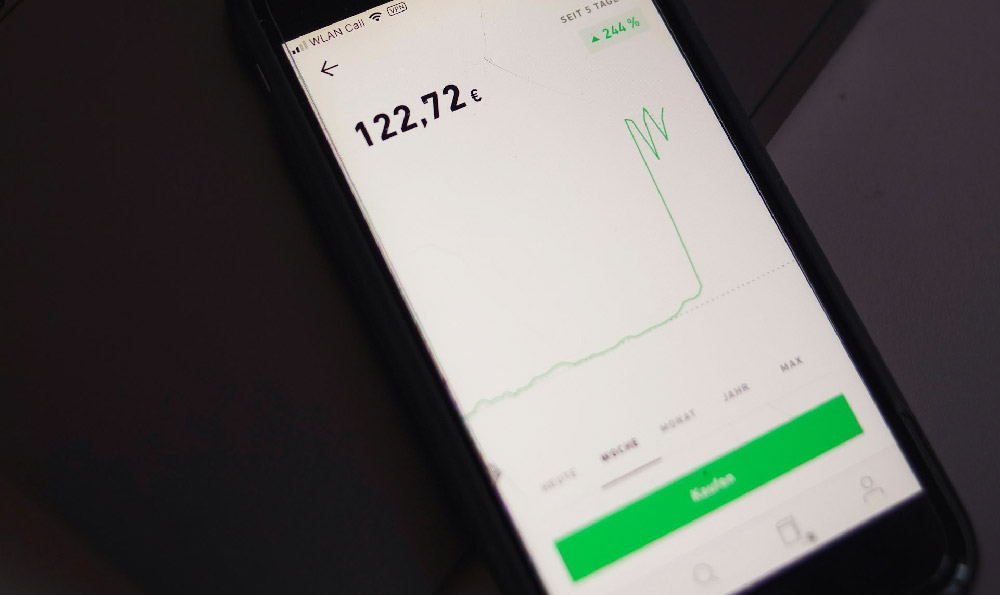Is Bitstamp a safe haven for your cryptocurrency investments? This question echoes in the minds of both seasoned crypto traders and newcomers alike. Navigating the complex world of digital assets demands vigilance, and choosing a reliable exchange is paramount. Let's delve into Bitstamp, scrutinizing its security measures, regulatory compliance, user experience, and overall trustworthiness.
A Deep Dive into Bitstamp's Security Infrastructure
Bitstamp, established in 2011, boasts a relatively long history in the volatile crypto landscape. This longevity, in itself, speaks to a degree of resilience and adaptability. However, survival alone isn't a guarantor of safety. A closer inspection of their security protocols is essential.

Bitstamp has consistently prioritized security. A core element of their protection strategy is cold storage. The majority of digital assets are held offline, shielded from potential online attacks. This significantly reduces the risk of a large-scale theft in the event of a security breach. While no system is impenetrable, cold storage remains a crucial deterrent.
Furthermore, Bitstamp implements robust multi-factor authentication (MFA). This layer of security requires users to verify their identity through multiple channels, such as a password, SMS code, or authenticator app, before gaining access to their accounts. Enabling MFA is non-negotiable in today's threat landscape, and Bitstamp's enforcement of this measure demonstrates a commitment to user safety.
Beyond these fundamental safeguards, Bitstamp employs advanced encryption technologies to protect data in transit and at rest. They also conduct regular security audits by reputable third-party firms to identify vulnerabilities and proactively address potential weaknesses. These audits provide an independent assessment of Bitstamp's security posture, offering users added peace of mind.
Navigating the Regulatory Landscape: Bitstamp's Compliance Efforts
The cryptocurrency industry is still evolving within the regulatory frameworks of various jurisdictions. Bitstamp has actively sought to comply with applicable regulations to enhance its legitimacy and build trust.
Bitstamp holds licenses and registrations in several jurisdictions, including Luxembourg and the United Kingdom. These regulatory approvals require Bitstamp to adhere to stringent anti-money laundering (AML) and know-your-customer (KYC) procedures. These procedures are crucial for preventing illicit activities and ensuring the integrity of the platform.
By proactively seeking regulatory compliance, Bitstamp signals its intention to operate within the bounds of the law and cooperate with authorities. This reduces the risk of sudden closures or disruptions due to regulatory crackdowns, protecting users' funds.
User Experience and Reputation: Gauging Public Sentiment
While security measures and regulatory compliance are vital, user experience and reputation also play a crucial role in assessing an exchange's trustworthiness. A platform can have the most sophisticated security protocols, but if it's plagued by technical glitches, poor customer service, or negative reviews, users may be hesitant to entrust it with their assets.
Bitstamp generally receives positive reviews for its user-friendly interface and relatively straightforward trading platform. The platform caters to both novice and experienced traders, offering a range of trading tools and features. However, like any platform, Bitstamp has faced its share of criticism. Some users have reported occasional delays in withdrawals or verification processes. While these issues are not uncommon in the crypto industry, they highlight the importance of thoroughly researching an exchange before depositing funds.
Customer support is another critical aspect of user experience. Bitstamp offers a variety of support channels, including email and a comprehensive knowledge base. While response times can vary, the platform generally strives to address user inquiries and resolve issues in a timely manner.
Potential Risks and Mitigation Strategies
Despite Bitstamp's efforts to enhance security and compliance, users should always be aware of potential risks. The cryptocurrency market is inherently volatile, and even the most secure exchanges are not immune to external threats.
One of the primary risks is phishing attacks. Scammers often impersonate legitimate exchanges to trick users into divulging their login credentials or private keys. Users should always verify the authenticity of emails and websites before entering any sensitive information. Enabling two-factor authentication is a crucial defense against phishing attacks.
Another potential risk is market manipulation. While Bitstamp has implemented measures to prevent market manipulation, it's still possible for unscrupulous actors to engage in such activities. Users should be cautious of sudden price spikes or drops and avoid making impulsive trading decisions based on unsubstantiated rumors.
Conclusion: Is Bitstamp a Trustworthy Exchange?
Based on its long history, robust security measures, regulatory compliance efforts, and generally positive user reviews, Bitstamp appears to be a relatively safe and trustworthy cryptocurrency exchange. However, users should always exercise caution and conduct their own research before entrusting any platform with their assets. No exchange is entirely risk-free, and users should always be prepared to mitigate potential threats.
Here are some final recommendations:
- Enable two-factor authentication (2FA): This is a non-negotiable security measure that adds an extra layer of protection to your account.
- Use a strong and unique password: Avoid using the same password for multiple accounts.
- Be wary of phishing attacks: Always verify the authenticity of emails and websites before entering any sensitive information.
- Diversify your holdings: Don't put all your eggs in one basket. Spread your investments across multiple exchanges and assets.
- Stay informed: Keep up-to-date on the latest security threats and best practices for protecting your cryptocurrency assets.
Ultimately, the decision of whether or not to use Bitstamp rests with each individual user. By carefully considering the factors outlined above and taking appropriate precautions, you can make an informed decision and protect your cryptocurrency investments. Remember that due diligence and a proactive approach to security are essential for navigating the dynamic world of digital assets.












